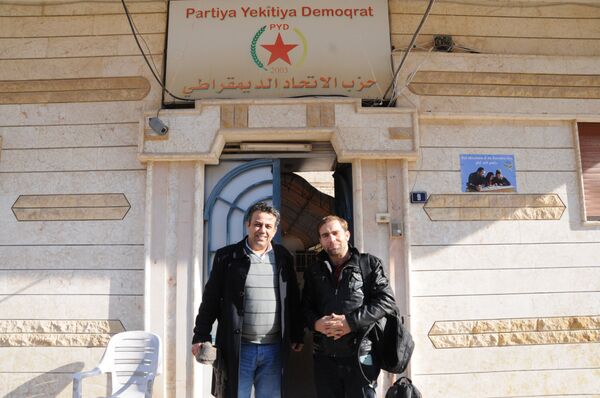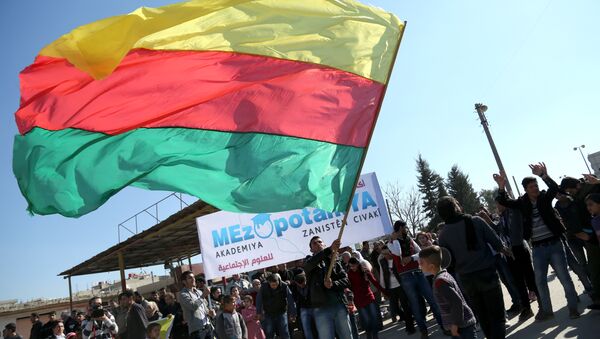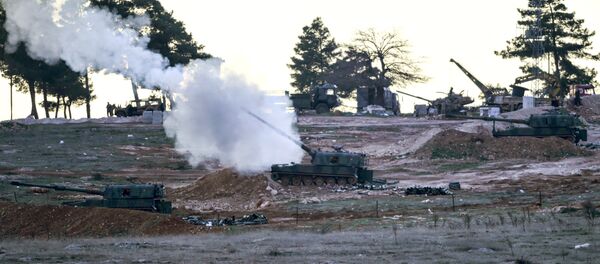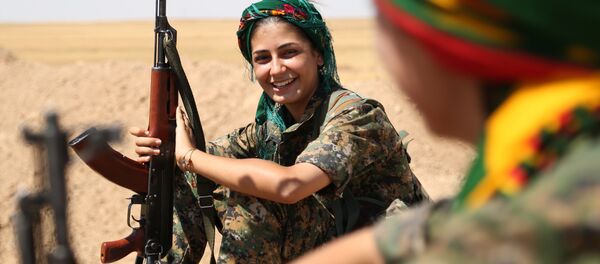He pointed the finger at Ankara, which he said intentionally endorses such claims so as to tarnish the Kurdish autonomous region Rojava's image.
Some Turkish and Kurdish media outlets claim that the Turkish Air Force pilots who bombed the parliament building in Ankara during the failed coup are now allegedly based in safe havens in northern Syria that are controlled by the Kurds.

"Reports about the pilots allegedly fleeing to the Rojava [autonomous] region are out of line with reality, and we are up in arms against such allegations," Dibo said.
Dibo noted that "we, as the PYD and the Federation of Rozhava have always been against military coups because Kurdish people themselves fell victim to a military coup, and we are fighting against military coups in Syria."
A military coup in #Turkey puts civil rights, democracy, journalists, Kurds & refugees in (MORE) grave danger. Devastating.
— Sana Saeed (@SanaSaeed) 15 июля 2016 г.
"The Turkish government is seeking a pretext to attack us, and these statements are part of their policy," he said, adding that those Turkish officials who want to tarnish Rozhava's image deliberately supported a leak of misinformation.
The Federation of North Syria-Rojava was declared on March 17 as a de facto autonomous region originating in three self-governing cantons in northern Syria: most of al-Hasakah Governorate, the northern parts of Al-Raqqah Governorate and the northern parts of Aleppo Governorate were arranged into a federation. Rojava is the Kurdish name for northern Syria.
Late last week, RT quoted the Turkish state-run news agency Anadolu as saying that bombs or shells hit the Turkish parliament building in the capital Ankara during the attempted coup and that at least 12 people were injured in the bombing.




